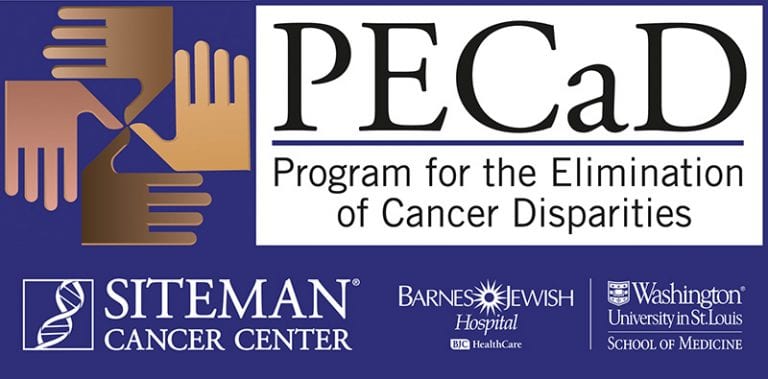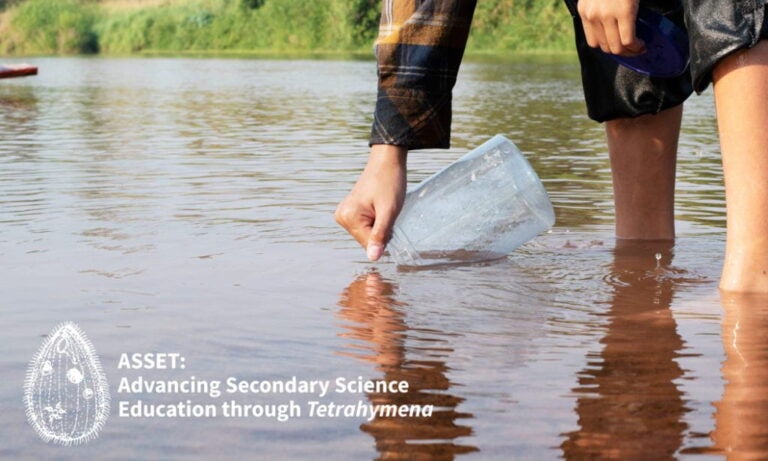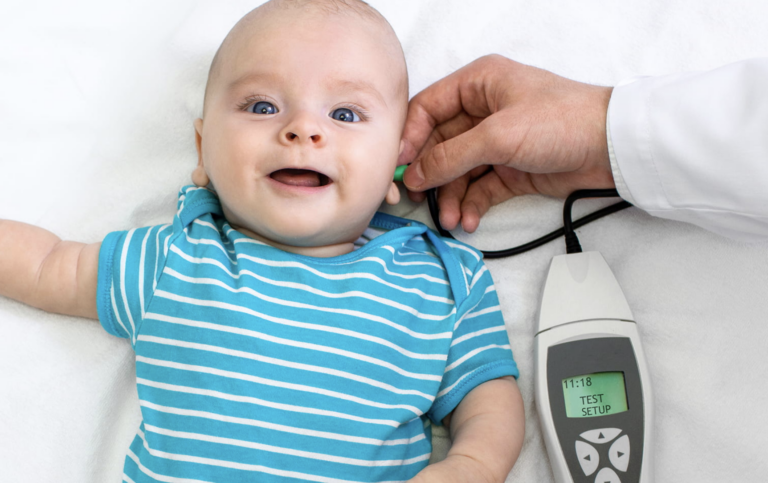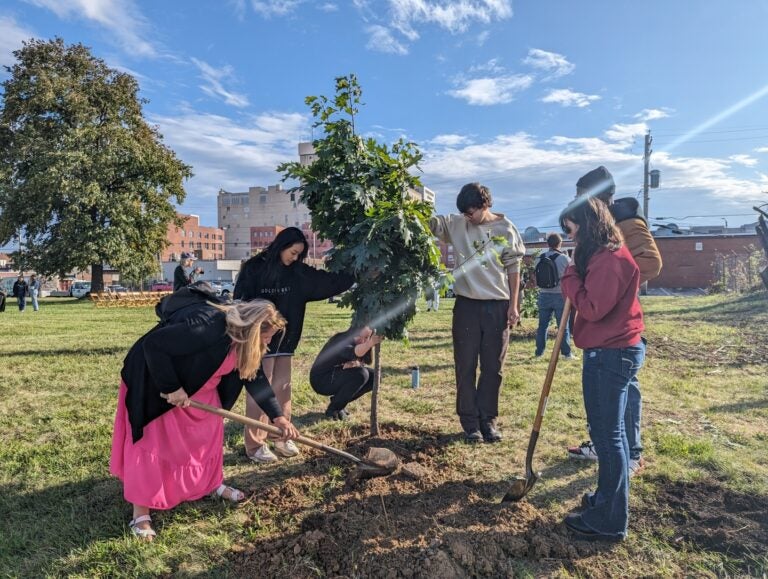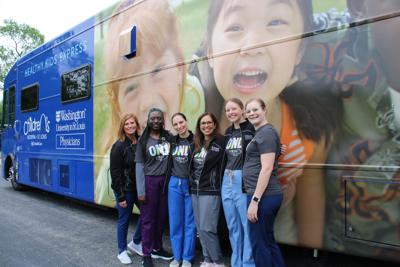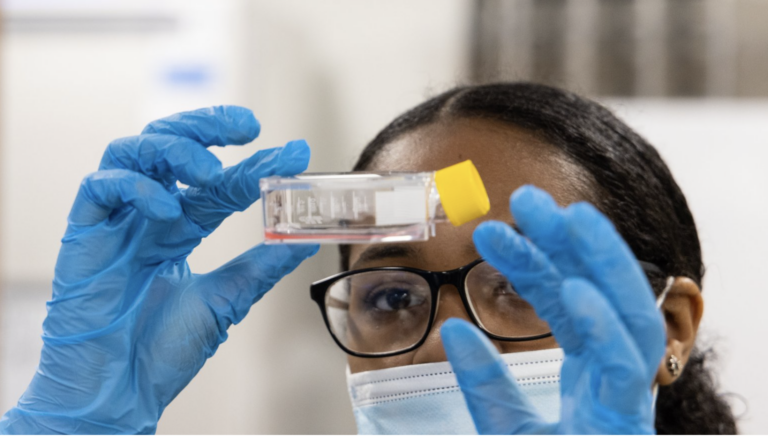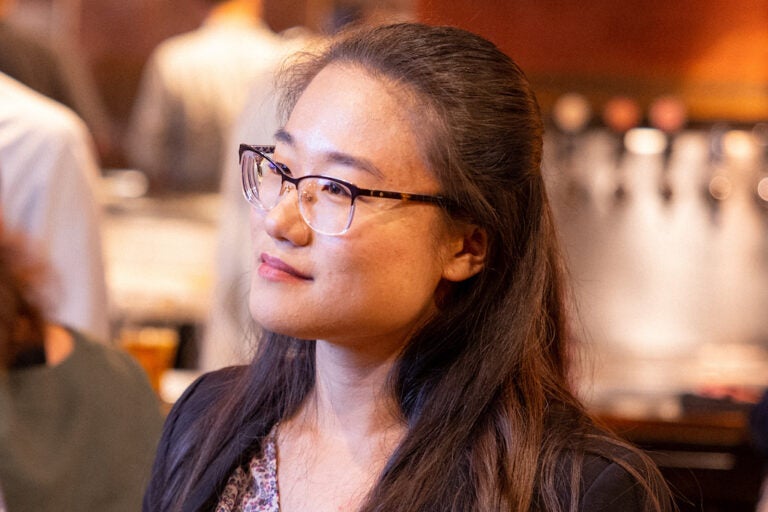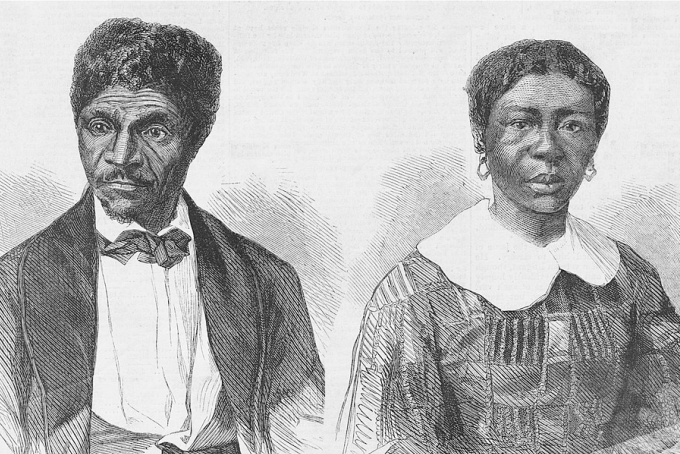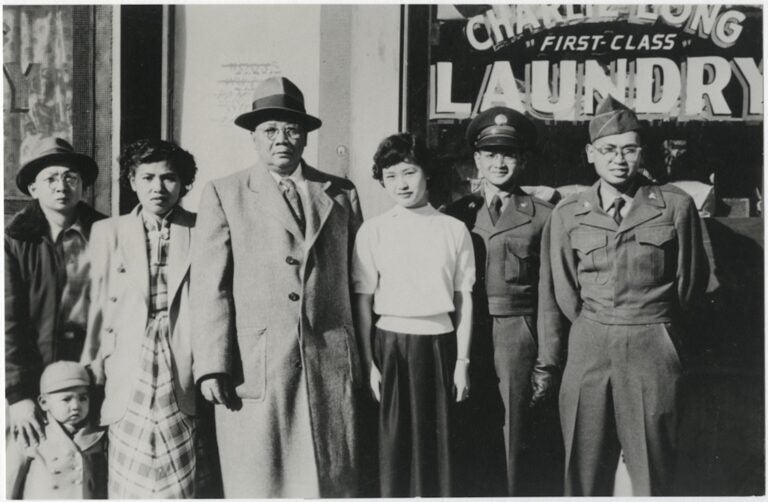Program for the Elimination of Cancer Disparities (PECaD)
The mission of PECaD is to ensure that all cancer patients and communities benefit from the clinical and scientific advances at Siteman Cancer Center. The program strives to reduce the cancer burden and related disparities, while engaging communities to promote health equity across Siteman’s catchment and beyond.
